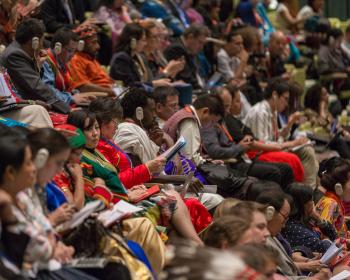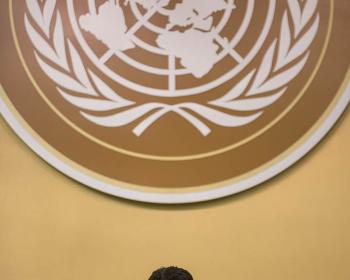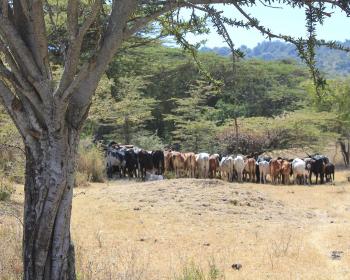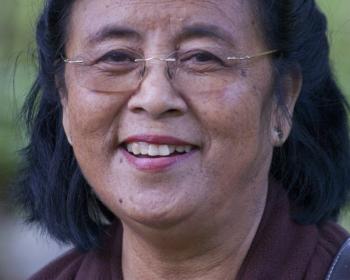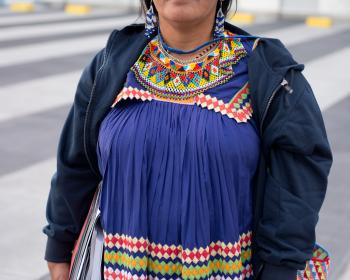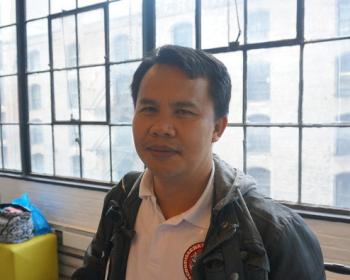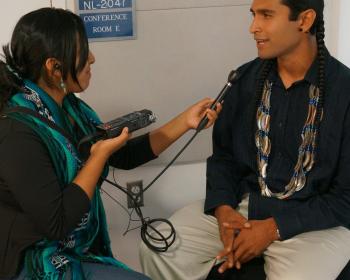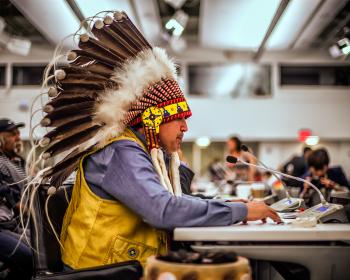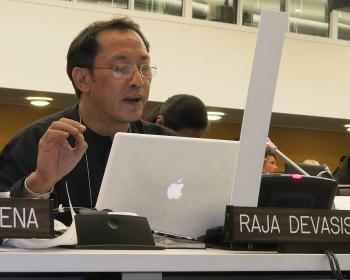By Madeline McGill
Further complications between extraction industries and Indigenous Peoples have been unveiled in a new report published by First Peoples Worldwide. The report, The Indigenous Rights Risk Report: How Violating Indigenous Peoples’ Rights Increases Industry Risks, found that U.S. extractive companies expose shareholders to tangible risks in neglecting the rights of the Nation’s Indigenous Peoples.
